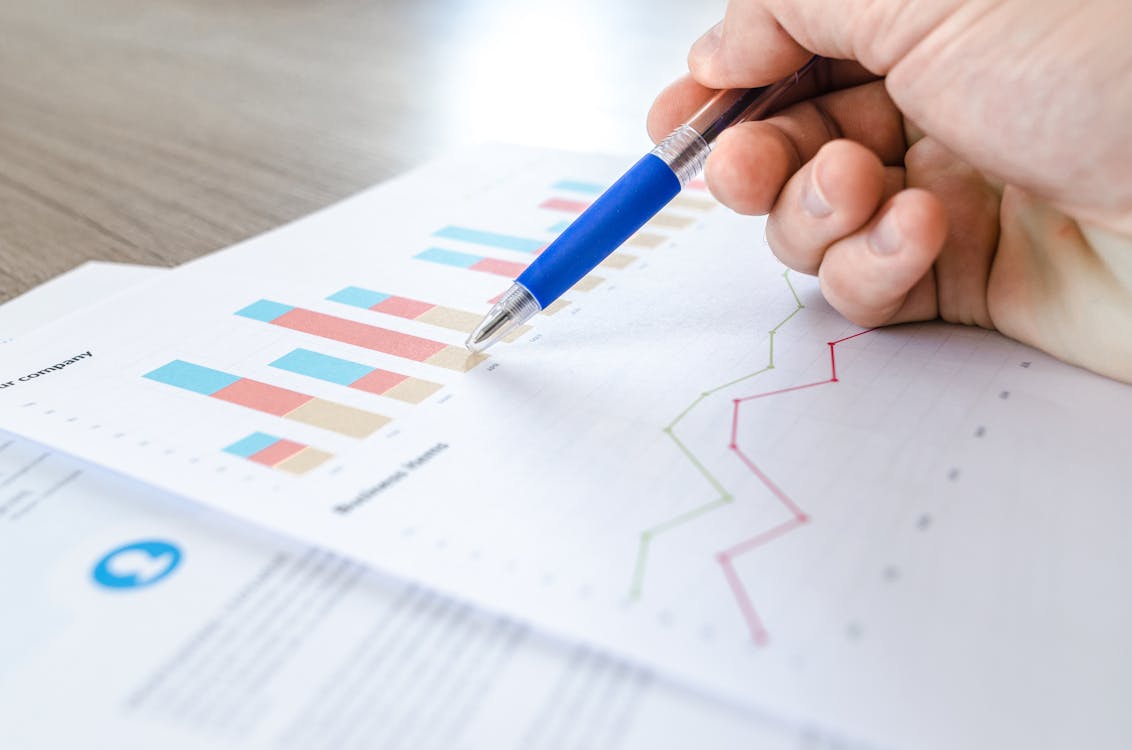What Is Algorithmic Trading And What Does An Algorithmic Trading Developer Do?
Author: ChatGPT
February 28, 2023
Introduction
Algorithmic trading, also known as automated trading or algo-trading, is a type of trading that uses computer algorithms to automatically generate trading signals and execute trades. It is a form of artificial intelligence (AI) that uses complex mathematical models to make decisions about when to buy and sell stocks, bonds, commodities, currencies, and other financial instruments. Algorithmic trading developers are responsible for designing, developing, testing, and maintaining these algorithms. They must have a deep understanding of the markets they are trading in as well as the technology used to create the algorithms.
Algorithmic trading developers must be able to analyze large amounts of data quickly and accurately in order to identify patterns that can be used to generate profitable trades. They must also be able to develop strategies for managing risk and optimizing returns. In addition, they must be able to troubleshoot any issues that arise with their algorithms or the systems they are running on.

What Skills Do You Need To Become An Algorithmic Trading Developer?
To become an algorithmic trading developer you need a combination of technical skills and financial knowledge. On the technical side you should have experience with programming languages such as Python or C++ as well as experience with databases such as SQL or NoSQL. You should also have experience with machine learning techniques such as neural networks or support vector machines (SVMs). Additionally, you should have a good understanding of financial markets and how they work.
On the financial side you should have a good understanding of market microstructure including order types, liquidity providers, market makers etc., as well as an understanding of different asset classes such as stocks, bonds, commodities etc., and how they interact with each other. You should also have an understanding of risk management techniques such as portfolio optimization and hedging strategies. Finally you should have an understanding of quantitative analysis techniques such as Monte Carlo simulations or backtesting strategies.

What Education Is Required To Become An Algorithmic Trading Developer?
Most algorithmic trading developers hold at least a bachelor’s degree in computer science or a related field such as mathematics or engineering. However some employers may require applicants to hold higher degrees such as master’s degrees in computer science or finance related fields. Additionally some employers may require applicants to hold certifications in areas such as machine learning or quantitative analysis from organizations like Coursera or Udacity.

How Much Does An Algorithmic Trading Developer Earn?
The salary for an algorithmic trading developer varies depending on experience level and location but generally ranges from $80k - $150k per year plus bonuses depending on performance metrics like profits generated by their algorithms over time periods like quarters or years. Salaries can also vary depending on whether the developer works for a hedge fund or proprietary firm versus working for an investment bank where salaries tend to be higher due to larger bonus pools available at these firms compared to smaller firms like hedge funds which typically pay lower base salaries but offer higher bonuses based on performance metrics over time periods like quarters or years.

Conclusion
Algorithmic trading developers are highly sought after professionals who combine technical skills with financial knowledge in order to design profitable automated trading systems for their employers. They typically earn salaries ranging from $80k - $150k per year plus bonuses depending on performance metrics over time periods like quarters or years but this can vary depending on experience level and location among other factors. To become an algorithmic trading developer one needs at least a bachelor’s degree in computer science or related field along with experience with programming languages such as Python or C++ along with machine learning techniques such as neural networks or support vector machines (SVMs). Additionally one needs a good understanding of financial markets including order types, liquidity providers etc., along with risk management techniques such as portfolio optimization and hedging strategies among other things

